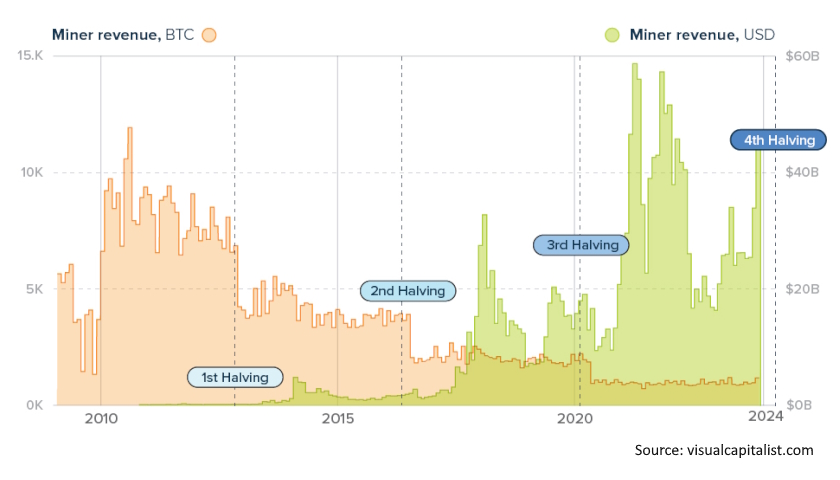Following on from their January 2018 commitment to develop a blockchain solution for international cargo transportation, Maersk and IBM have launched TradeLens.
The shipping tool has been designed to streamline global trade, secure cargo during transit and support information sharing and transparency across the supply chain. IBM and Maersk have confirmed that 94 separate organisations have either been involved or are set to participate in the TradeLens early adopter program.
These parties include major port and terminal operators worldwide; global container carriers such as Pacific International Lines; customs authorities from the Netherlands, Saudi Arabia, Singapore, Australia and Peru; and a number of freight forwarders, logistics companies and beneficial cargo owners.
TradeLens is based on IBM’s existing Blockchain technology and opens the door to a truly digital supply chain. By accounting for and collating shipping updates, documentation and IoT sensor data, the platform establishes a shared view of transactions for trading partners without compromising privacy or confidentiality.
It could also help shipping operators effectively go paperless, saving hundreds of thousands of dollars every year.
Read more: Rotterdam and IBM plan to create world’s smartest port with IoT
Harnessing smart contracts to cut transit times
Digital collaboration on this scale would be difficult without the use of smart contracts, self-executing transactions on the IBM blockchain that automate financial and administrative processes while leaving behind a secure, non-repudiable audit trail.
During a 12-month trial of TradeLens, Maersk and IBM worked with multiple shipping ecosystem members to prevent delays caused avoidable errors in documentation and information transfers, among other things.
In one case, the service reduced the total transit time of packaging materials to a production line in the United States by 40 percent, removing thousands of dollars of unnecessary costs. With improved visibility across the supply chain, the system promises to reduce the step logistics companies and end customers need to take to answer basic operational questions.
“TradeLens uses blockchain technology to create an industry standard for the secure digitization and transmission of supply chain documents around the world,” commented Peter Levesque, CEO of Modern Terminals.
“This initiative will generate tremendous savings for our industry over time while enhancing global supply chain security. Modern Terminals is pleased to participate as a Network Member in testing this exciting shipping industry innovation.”
Read more: Rolls-Royce navigates Google deal on machine learning for shipping
IBM’s ambition to transform shipping
With nearly 100 organisations working alongside IBM and Maersk in the development of TradeLens and 154 million shipping events already captured on the platform, it’s safe to say that Bridget van Kralingen, senior VP at IBM Global Industries, Solutions and Blockchain, has doubled down on a collaborative approach to digitize the shipping industry.
She commented:
We believe blockchain can play an important role in digitising global shipping, an area of the global economy that moves four trillion dollars of goods every year. However, success with the technology rests on a single factor –bringing the entire ecosystem together around a common approach that benefits all participants equally.
“Our work with Maersk and other enterprises in the shipping ecosystem has shown that blockchain can be used to form a strong, connected network in which all members gain by sharing important data and that together we can transform a vital part of how global trade is conducted.”
One of those members is logistics giant CEVA. CIO Christophe Cachat believes TradeLens represents an evolution in shipping and a genuine use case for blockchain technology.
“As a global logistics provider, CEVA sees a unique opportunity in TradeLens, joining forces with IBM, Maersk and other actors from our industry to promote global standards around an open and neutral solution, delivering on the promise of blockchain,” he said.
“It is an important step in our relentless journey to deliver increased value to all our customers and making business flow.”
Source: internetofbusiness.com




